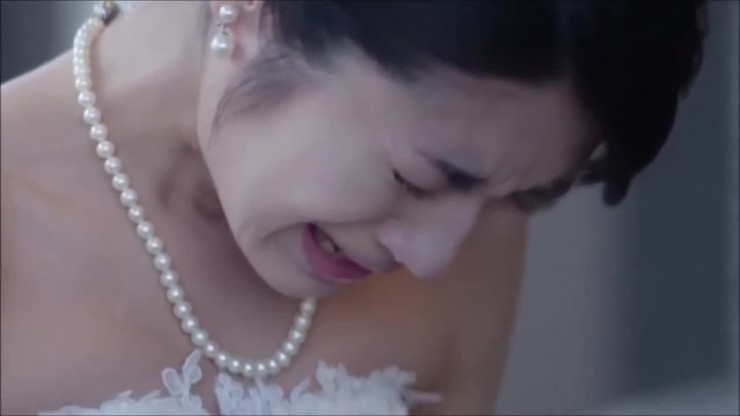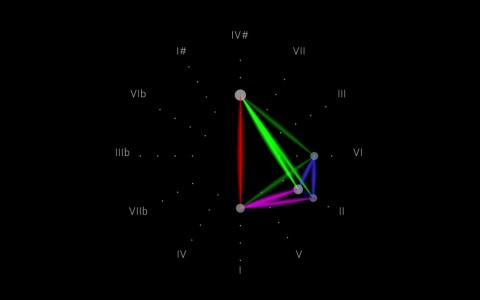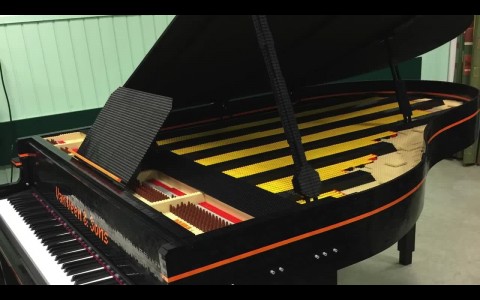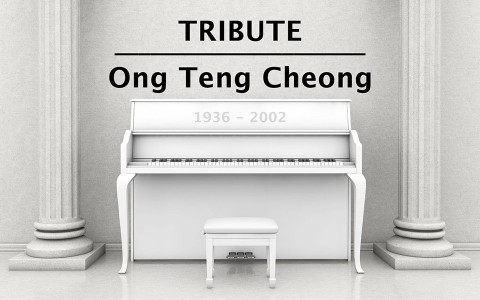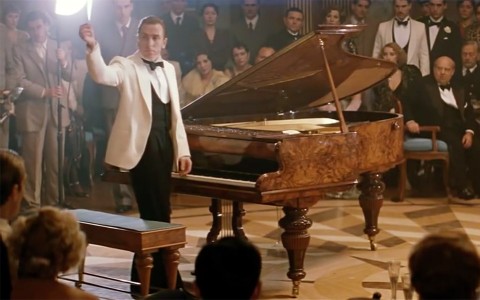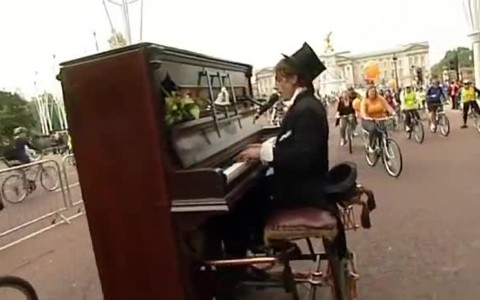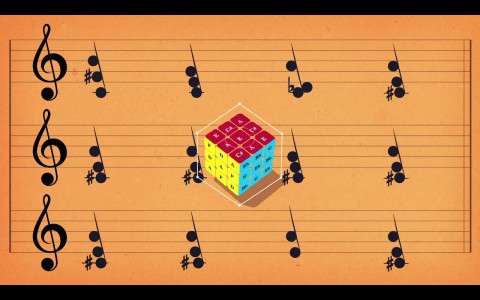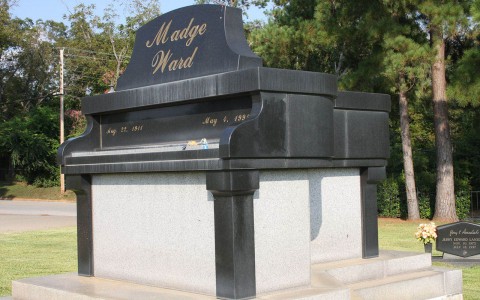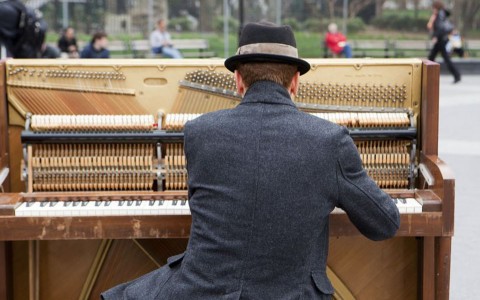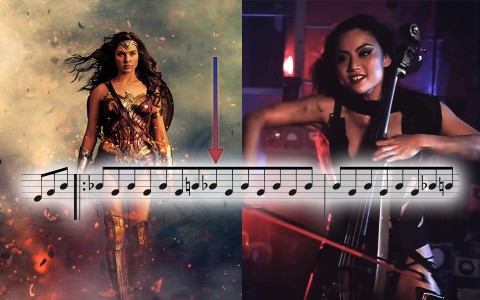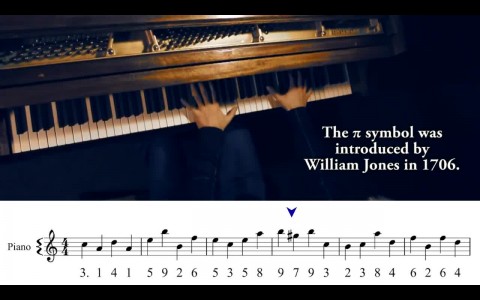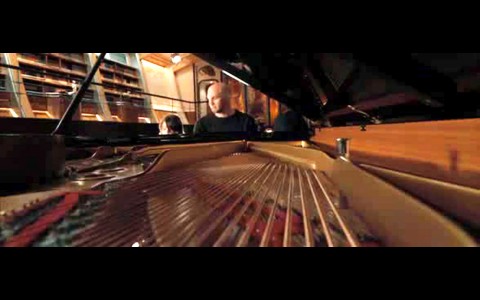Memories can exist in many forms; they may be a picture you see in a magazine, a scent you smell on the way to work or a song you hear over the radio. In this Japanese commercial, commissioned by Tosando Music in Japan, memories come in the form of Pachelbel’s Canon in D.
Johann Pachelbel was a 17th-century German composer, organist and teacher widely credited for bringing the south German organ tradition to its peak. One of his most famous scores is Canon in D.
Unverified history has it that Pachelbel created this piece for the wedding of his pupil, Johann Christoph Bach. The original score was played with three violins and basso continuo, and the resulting piece was paired with a gigue. It was then known as Canon and Gigue in D. It was not till 1968 when the Jean-Francois Paillard chamber orchestra did a romantic rendition of Canon in D, allowing it to slowly rise in prominence and culminate in the level of popularity and influence in the music scene we see today.
The commercial starts with a scene at a wedding luncheon when it is interrupted by an announcement that the father of the bride has a message for her. One might notice the suspicious look on the bride and the sorrow in the father’s expression when the announcement is made. The reasons for these expressions will soon be revealed.
As the father slowly moves towards a piano at the side of the room, it becomes clear that he is not known to be able to play the piano.
When her father starts playing Pachelbel’s Canon in D, the bride’s initial response is one of irritation. As the music plays on, however, her memories of the piece quickly changes her mood from irritation to anguish.
The music reminds her of her mother who used to play the piano when she was alive and how life changed drastically after she passed on. The father’s relationship with the bride is apparently one marked by an absence of closeness. The feeling of awkwardness and distance between them eventually drove the bride to move out of the family home.
What is unknown to the bride is that her father had chanced upon an adult piano class and unhesitantly requested to learn to play a particular piece of music. The look of steely determination and intense focus on him during the lesson is an indisputable reflection of how much love he has for his daughter.
At the same time, it brings across the timeless message that learning never ceases with age, even when the object of study is a musical instrument as complex as a piano.
It is not till her father pauses briefly during the playing that the bride feels a surge of love for him and silently encourages him to persevere and finish the piece. She finally understands her father’s intention and the significance of Pachelbel’s Canon in D to the both of them.
Music has a marvelous way of sending an intended message without the use of words. It can also spark memories that might be long hidden in your mind.
When was the last time you reminisced about a particular memory jotted by music and forgot about the present?
